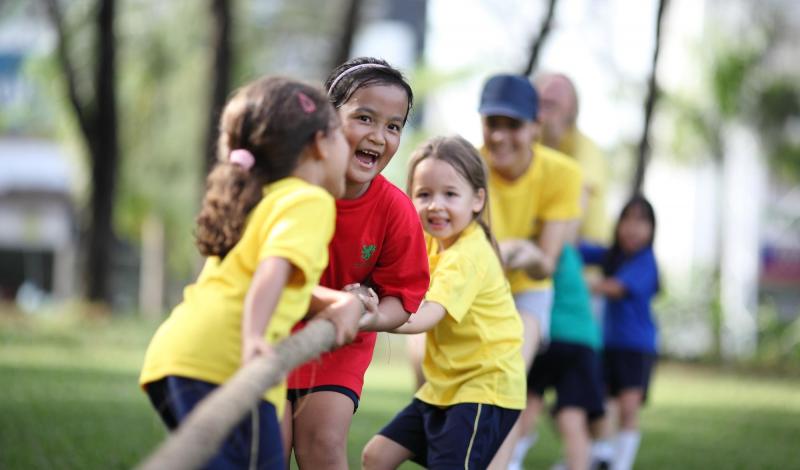Positive Parenting
As workshop facilitators, our aim was not to impose a parenting style but to encourage parents to adapt using sound psychological principles when something needed improvement in their family.
Parents were encouraged to use “Positive Parenting”. Positive Parenting is based on five key principles:
1.Having a safe, interesting environment
2.Having a positive learning environment
3.Using assertive discipline
4.Having realistic expectations
5.Taking care of yourself as a parent
Why do children misbehave?
We learned that a misbehaving child is a discouraged child. Children have a primary goal and that is to belong. They will try anything, including getting negative attention to achieve this.
Why is punishment ineffective?
Punishment for wrongdoing is ineffective because it does not invite the child to cooperate with us. They often feel belittled, humiliated, denigrated, scapegoated, threatened, scared and ridiculed. Physical punishment is humiliating and the stress caused means the child can’t learn from it. They end up feeling resentful and angry, and often determined to get revenge.
How do we “discipline” children then?
We can shape positive behaviour through praise and encouragement and deal with negative behaviour using solutions agreed in advance. Parents were given support in tackling challenging behaviour by being consistent and brave enough to hold the line rather than giving in. It is okay to choose our battles and to ignore or distract when necessary.
We were delighted when parents told us they saw incredible changes very quickly. Difficulties they thought were impossible to overcome fell away so that they were able to move onto solving other problems, and their relationships with their children improved. Sometimes just having other parents telling you it’s okay to be firm and kind at the same time made all the difference. Parents felt empowered by having others on their side and this was a safe and supportive group.
What is emotional resilience and how can we encourage it?
Emotional resilience is the ability to adapt to stressful situations or crises. More resilient people are able to "roll with the punches" and adapt to adversity without lasting difficulties; less resilient people have a harder time with stress and life changes, both major and minor.
We learned how to develop an optimistic thinking style in our children, how to encourage them to focus on what went well, not what went wrong. We began to be more aware of when we give our children attention and what for, as focusing on the negatives is detrimental to resilience. We learned that it is really important to let our children fail and not be there to always solve their problems and sort their mistakes. If they don’t have these experiences, then they don’t develop the problem-solving skills they need to weather storms. We also learned that resilience is key to protecting us from anxiety and depression, as well as enabling us to reach our potential in life.
Written by Claire Ireland, BSKL Student Counsellor and Charlotte Stone, Social Worker.
Links to articles and helpful websites:



